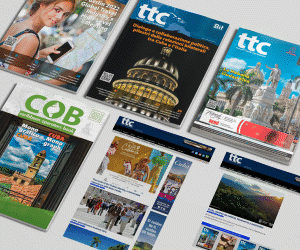CARICOM advancing with free movement, treaty amendments

The Caribbean Community (CARICOM) is making strides in regional integration, as leaders push forward with plans for free movement, treaty amendments, and deeper international cooperation.
The 48th Regular Meeting of the Conference of Heads of Government, held in Barbados from 19 to 21 February 2025, reaffirmed the bloc’s commitment to unity and sustainable development amid global uncertainties.
One of the most notable outcomes of the meeting was the decision to finalise plans for the free movement of CARICOM nationals by 1 June 2025 for willing countries. The initiative includes access to primary and secondary education, emergency healthcare, and primary healthcare for migrating individuals.
“With respect to the free movement of people, the Conference agreed that Member States that have not yet done so, should sign and ratify the Protocol on Enhanced Cooperation by 31 March to enable Member States that are willing to move ahead with free movement to do so by 1 June 2025,” said the final communique.
Barbados Prime Minister and current CARICOM Chairman, Mia Mottley highlighted the urgency of the move, stating that most CARICOM nations, face aging and declining populations. “Because of this, it is necessary to speed up freedom of movement rather than continue with a gradual approach,” she said, adding that 2025 will be the year when this long-sought goal of regional integration finally becomes a reality.
Leaders also agreed to amend the Revised Treaty of Chaguaramas to enable some CARICOM countries to proceed with integration efforts without waiting for unanimous approval from all member states.
“Not to destroy the treaty, not to expose ourselves to capricious action, but to say that on matters where some countries are ready to go forward and others are not ready, that that small subgroup that is ready to go forward must be allowed to go forward within the ambit of the revised treaty,” said Trinidad and Tobago Prime Minister, Keith Rowley.
The treaty amendment aims to remove barriers slowing the implementation of the CARICOM Single Market and Economy (CSME), including the harmonisation of customs and trade regulations. Leaders committed to addressing 57 non-tariff barriers identified by the Caribbean Private Sector Organisation that hinder the movement of goods, and mutual recognition of driver’s licenses and vehicle insurance.
CARICOM leaders also tackled critical issues such as crime and security, trade reform, and telecommunications costs. The body is reviewing the impact of major US-based tech firms like Netflix and WhatsApp on the region’s digital economy. “Many of us use WhatsApp, Netflix—yet they pay no taxes and make no contribution in any way to the regional economy,” Mottley remarked, adding that fairer pricing and investment in the region’s telecommunications infrastructure must be explored.
Additionally, efforts to boost regional food security were reinforced with an investment of US$14mn into a regional food hub in Guyana. The 25 by 2025 initiative, which aims to reduce food imports by 25% by 2025, was extended to 2030 to allow for further stakeholder participation and investment.
CARICOM reaffirmed its support for regional candidates in upcoming international elections. Leaders unanimously backed Muhammad Ibrahim of Guyana for the position of Director General of the Inter-American Institute for Cooperation on Agriculture (IICA). Additionally, the bloc threw its full support behind Albert Ramdin of Suriname in his candidacy for Secretary-General of the Organisation of American States (OAS), emphasising the importance of Caribbean leadership on the global stage.
The meeting saw engagements with international leaders, including United Nations Secretary-General António Guterres, who acknowledged CARICOM’s leadership on global issues. “The irrepressible strength of a unified Caribbean and commitment to multilateralism—which have done so much to advance global progress—are vital to achieving that aim,” said Guterres.
European Commission President Ursula von der Leyen underscored the EU’s commitment to working with the Caribbean, particularly on climate action. “Europe understands how the fight against climate change is paramount to the Caribbean states because it is intrinsically linked to your very existence,” she said.
The regional bloc also took a firm stance against Venezuela’s plans to hold elections in Guyana’s Essequibo region, a territory long claimed by Caracas. CARICOM leaders underscored that such actions violate international law, the United Nations Charter, and reaffirmed their unwavering support for Guyana’s sovereignty and the ongoing judicial resolution of the border dispute at the International Court of Justice.
Several financing agreements were signed, including a US$200mn agreement between The Bahamas and the African Export-Import Bank (Afreximbank) for climate-resilient and trade-enhancing infrastructure, and a US$75mn agreement between Barbados and the Development Bank of Latin America and the Caribbean (CAF) to support heritage tourism and infrastructure modernisation.
The conference concluded with a commitment to continued cooperation, with Jamaica set to host the next Heads of Government Meeting in July 2025. As CARICOM advances in its integration agenda, the region stands poised for enhanced economic growth, social development, and stronger global partnerships, notwithstanding significant geopolitical downside risks.
Source: Caribbean Council

MORE NEWS









